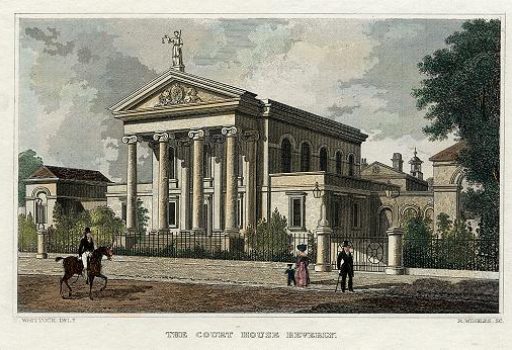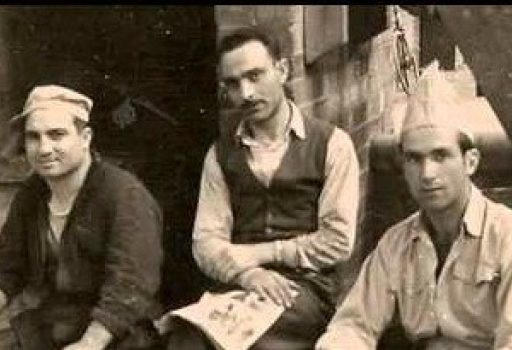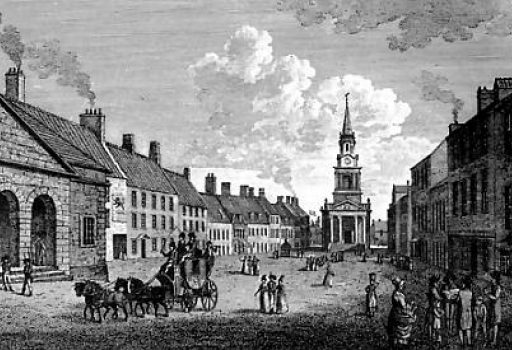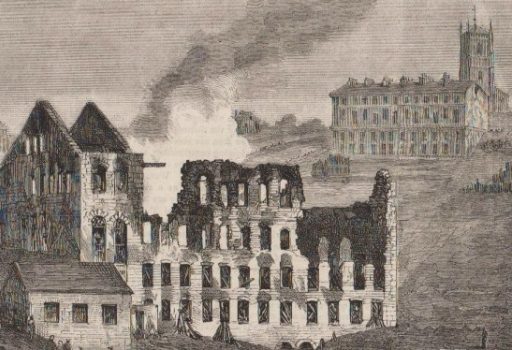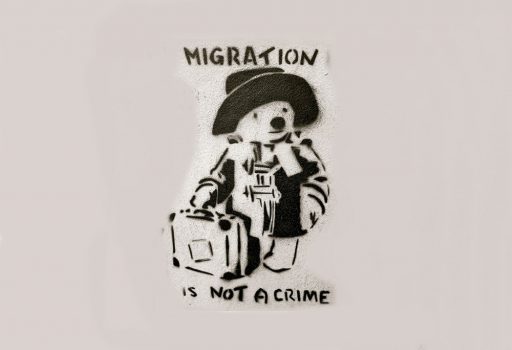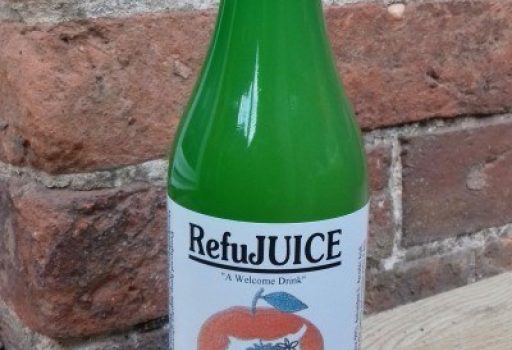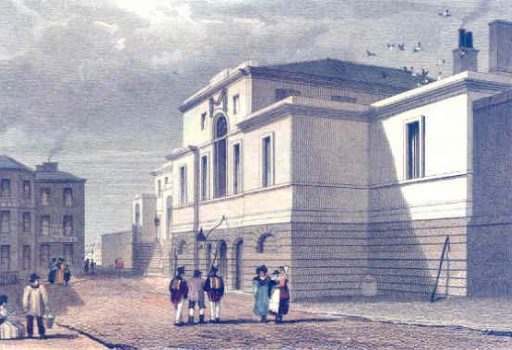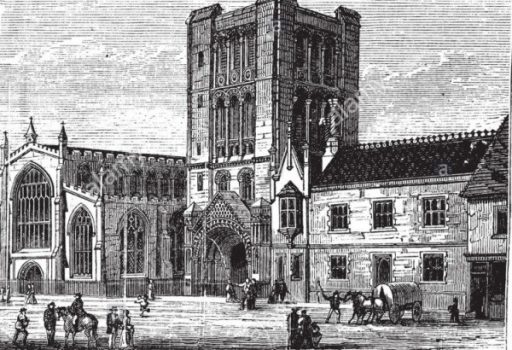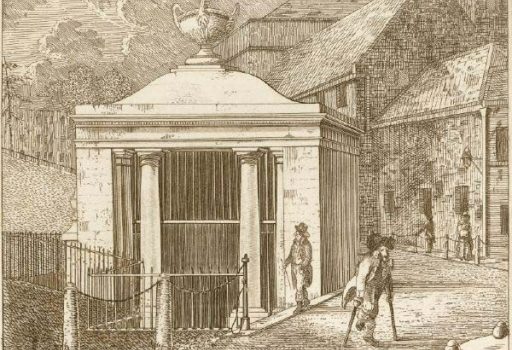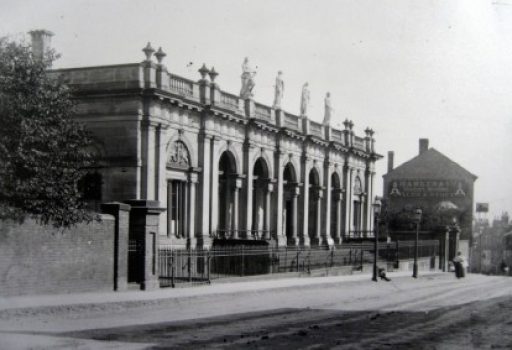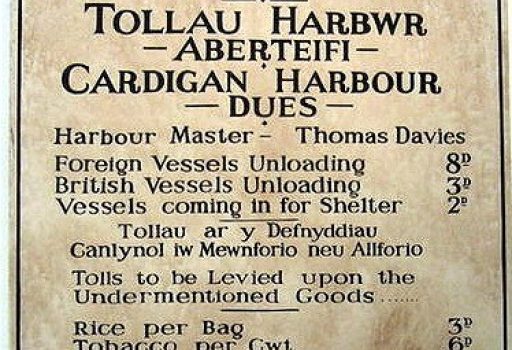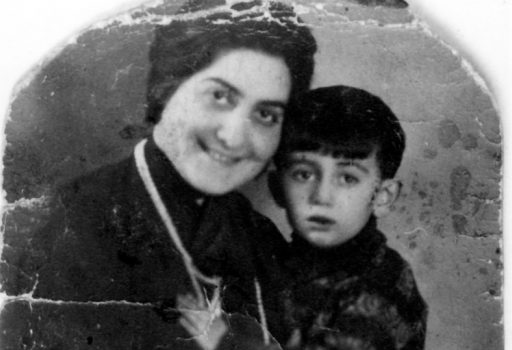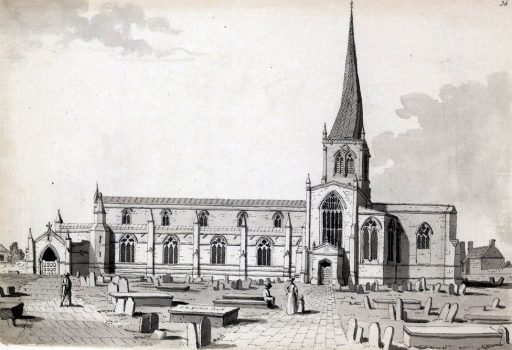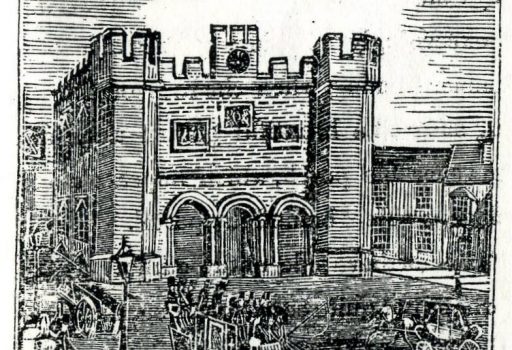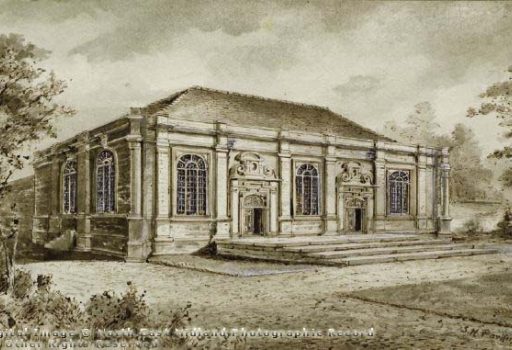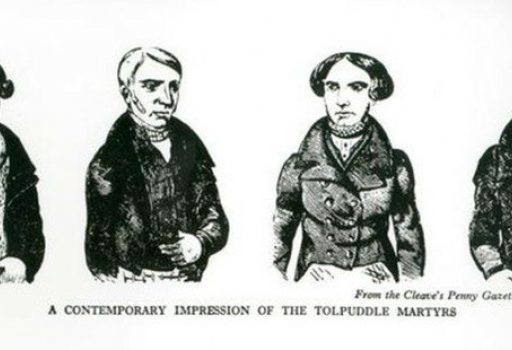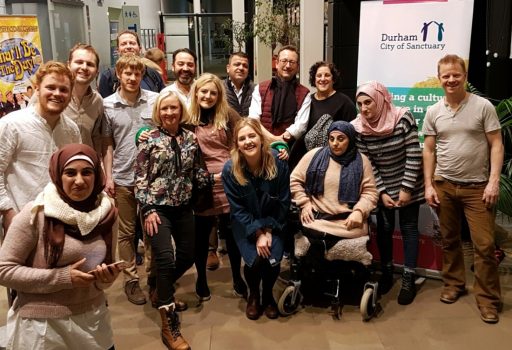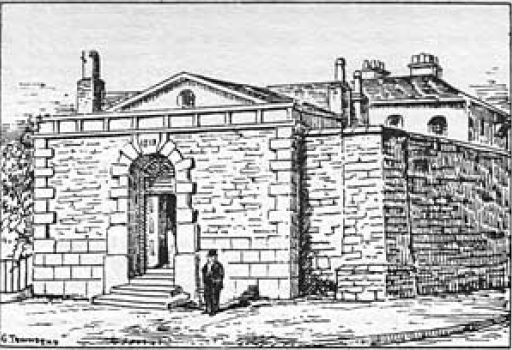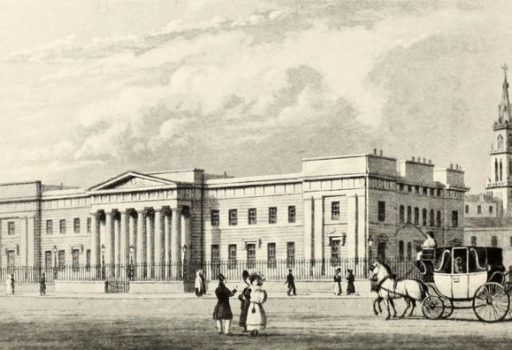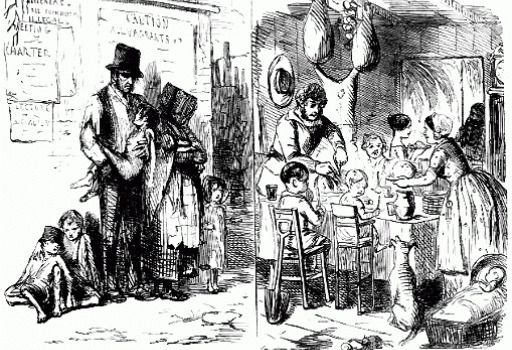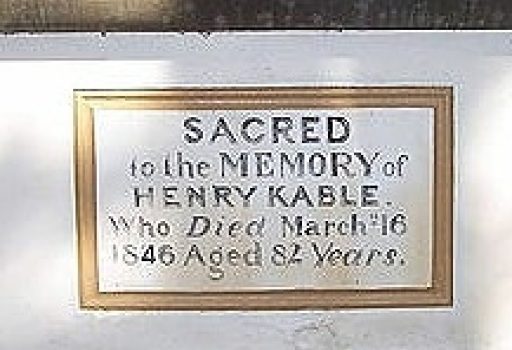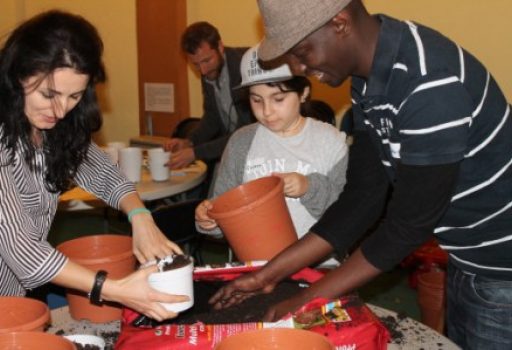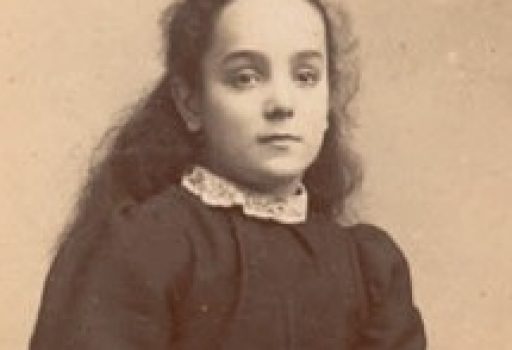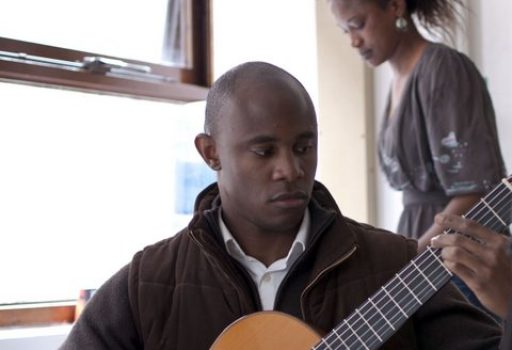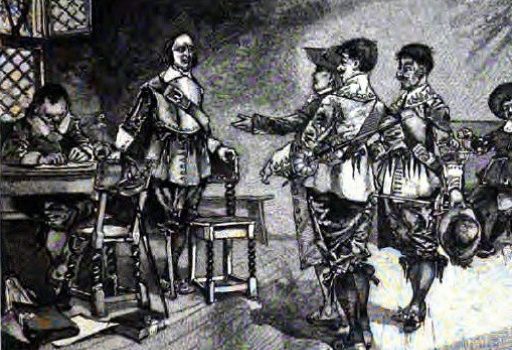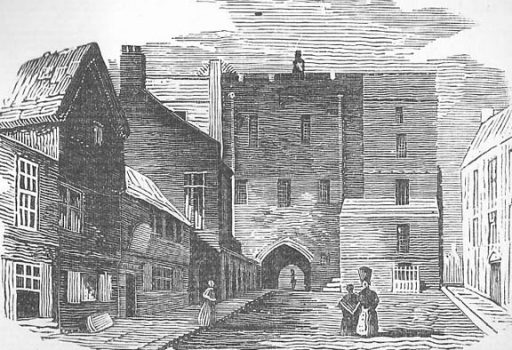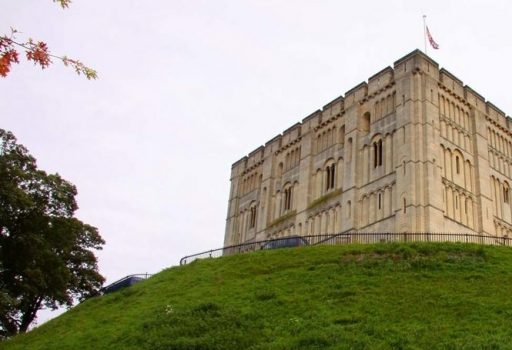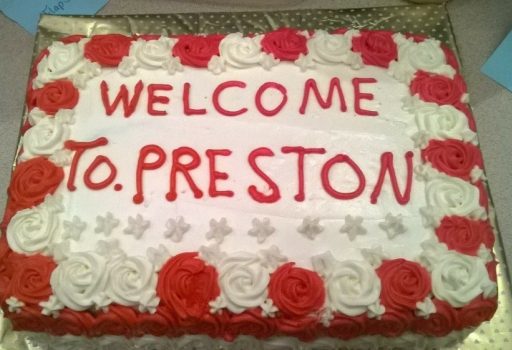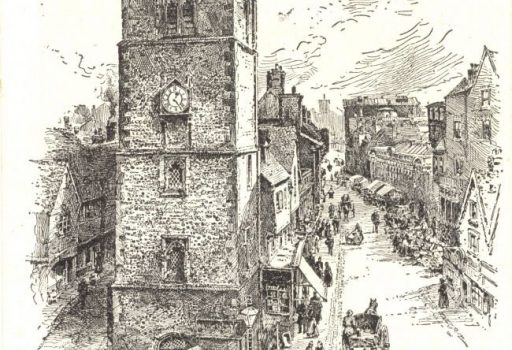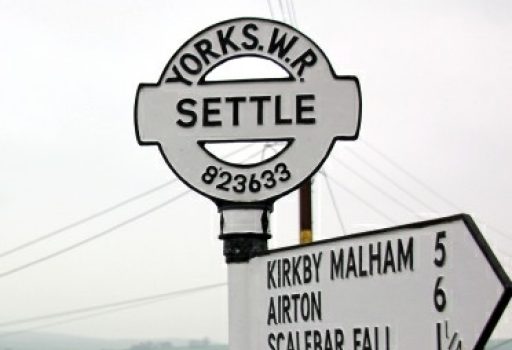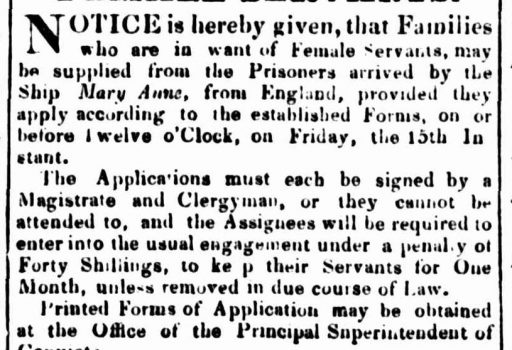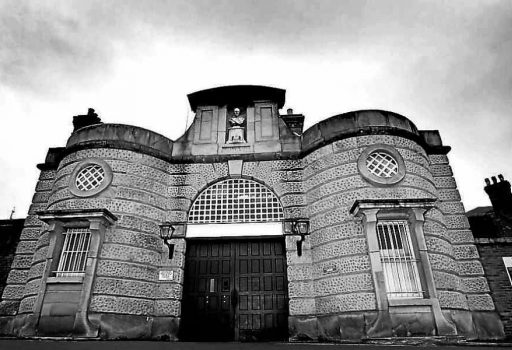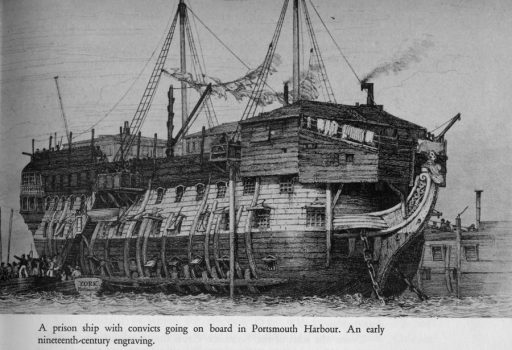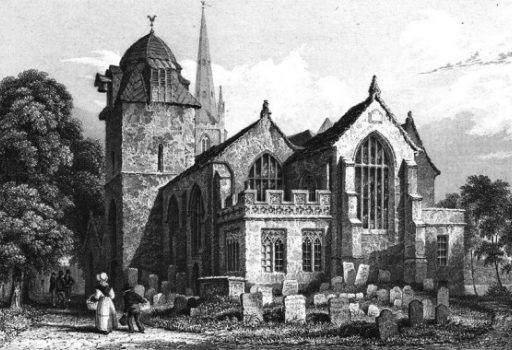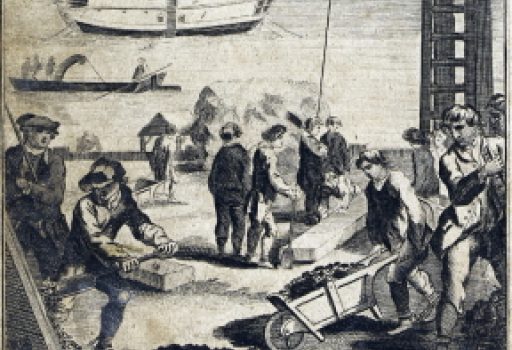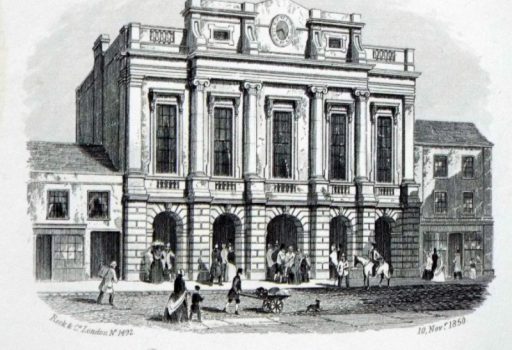We're delighted to bring Human Cargo to the East Riding Theatre in Beverley on 3rd June, where our Parallel Lives partner is Open Doors Hull. Started in 2000, Open Doors offers a wide range of services to refugees and asylum seekers in Hull. Its Thursday Drop In session, providing true 'Open Doors' to anyone in need, remains the centre of their work. The group also supports people with food, accommodation, health and legal advice, a skills bank, help with finding work, and an allotment.
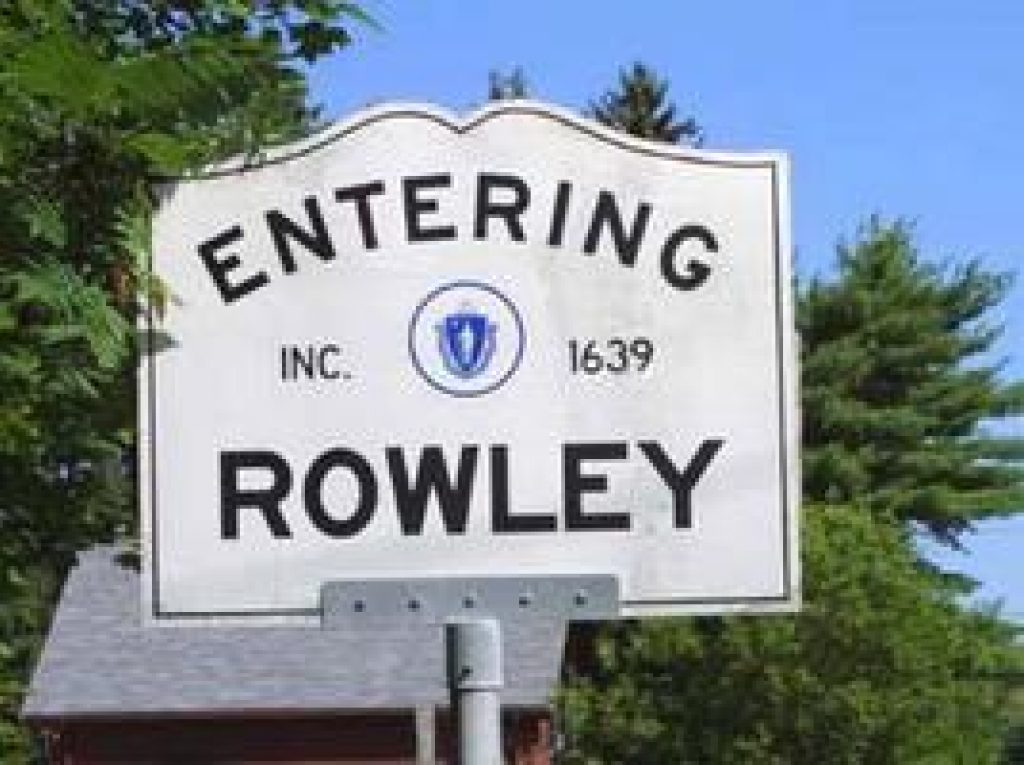
In the summer of 1638 a ship called John of London set sail from Hull. On board were around twenty families, mostly from Yorkshire. Their leader, as was common for the time, was a holy man, the Reverend Ezekiel Rogers of Rowley, near Beverley. He was leading them to the new land of America. They arrived at Salem in Massachusetts, where they spent the winter before heading off the next spring to find land for a permanent settlement. They chose a tract of land between Ipswich and Newbury in the County of Essex (the geographical connections of English placenames did not survive the crossing) and they called their new home Rowley. More families arrived in following years. Among those on the first ship, from around here, were FRANCIS & JANE LAMBERT from Holme-on-Spalding-Moor, with their children John, Thomas and Ann.
On 27 June 1837 at the Midsummer East Riding Quarter Sessions in Beverley, a maid from Brandesburton called SARAH ANN SHARPE was found guilty of stealing ‘one straw bonnet of the value of one shilling and one pair of cloth boots to the value of two shillings and one cotton handkerchief’. For this small crime, she was transported for seven years to Tasmania. She was then 19 years old. As a single woman, she was probably advertised on arrival as available for service (and marriage). There was an unofficial policy of trafficking mildly errant young women as effectively comfort brides for ex-convicts in the colony.
CHARLES DREWERY from Hull was transported to Tasmania in 1822 for stealing two pairs of trousers. Both his widowed mother, and the man from whom he stole the trousers, begged for clemency, but to no avail.
WILLIAM DRING from Hedon, a village east of Hull, was sentenced in 1784 to seven years transportation at the Hull Quarter Sessions for stealing some wine and clothes. Three years later he was on the First Fleet to New South Wales. He then joined the first convict settlers on Norfolk Island, 1000 miles away. There he married Ann Forbes, another transportee, and later they returned to Sydney.
MARIA FAY, then living in Kirkella, was convicted in 1851 in Beverley of stealing four sacks worth six pence each and sentenced to ten years transportation. It wasn’t her first crime. Two years before she was caught stealing a skirt worth one shilling, which won her 12 months in the East Riding House of Correction in Beverley. Opened in 1810, this prison comprised three blocks of houses in Norfolk Street. They’re still there.
SNOWDEN DUNHILL was an exotic, hardened criminal from East Riding, many of whose family were transported or executed for crime. He was 57 when transported to Hobart, where he met up with his wife Sarah and witnessed his son George being executed. The Hobart Courier in 1828 reported that 10 members of his family were transported. Snowden wrote his memoirs in 1830. There exists a broadside ballad about his life, wonderfully dreadful in its writing: Of Snowden Dunhill’s life lets sing, a man of daring courage, much gold he in a bad way got, which made him daily flourish.
Some of this information is taken from an exhibition of transportation at East Riding Museums & Galleries.
